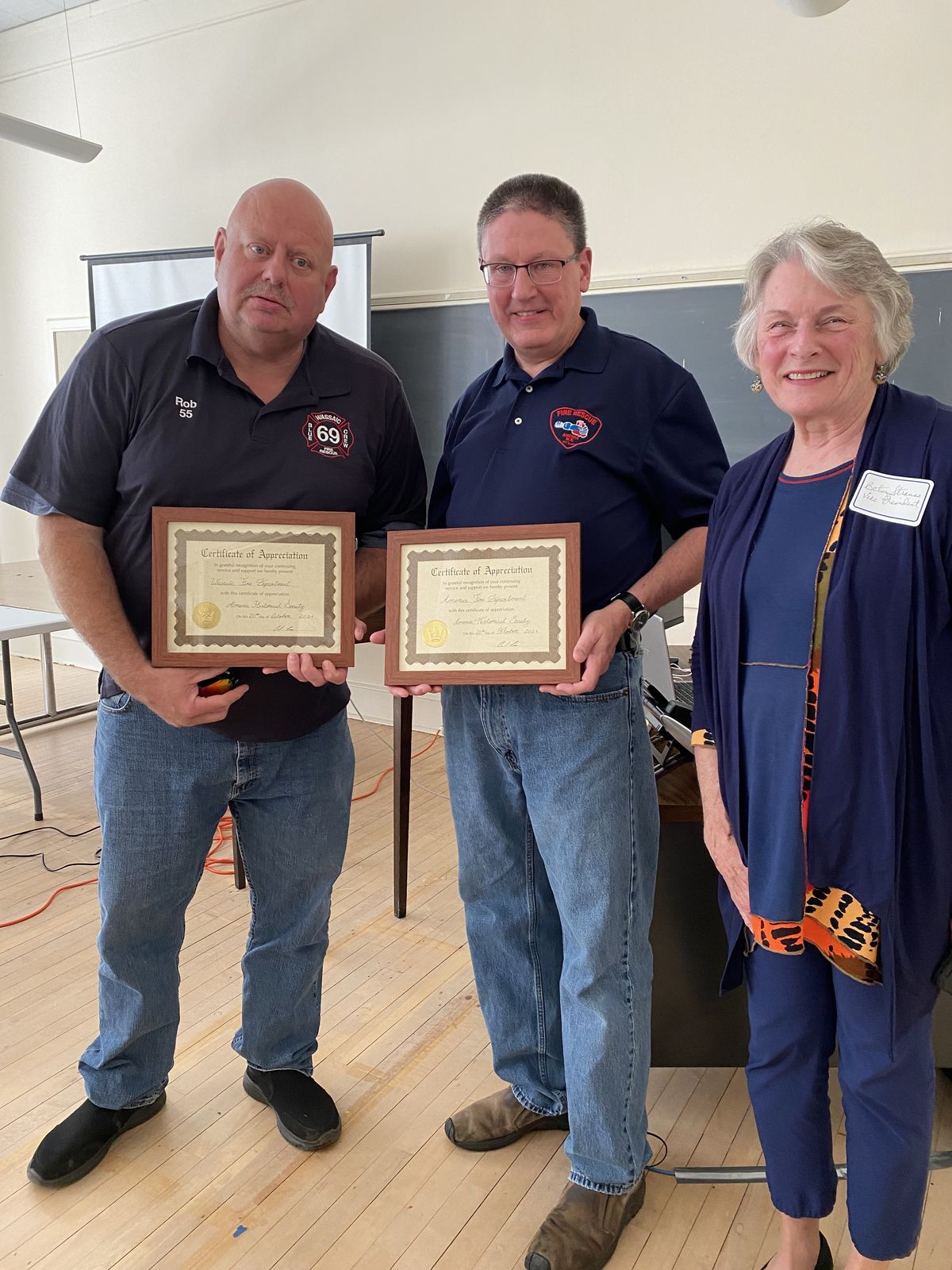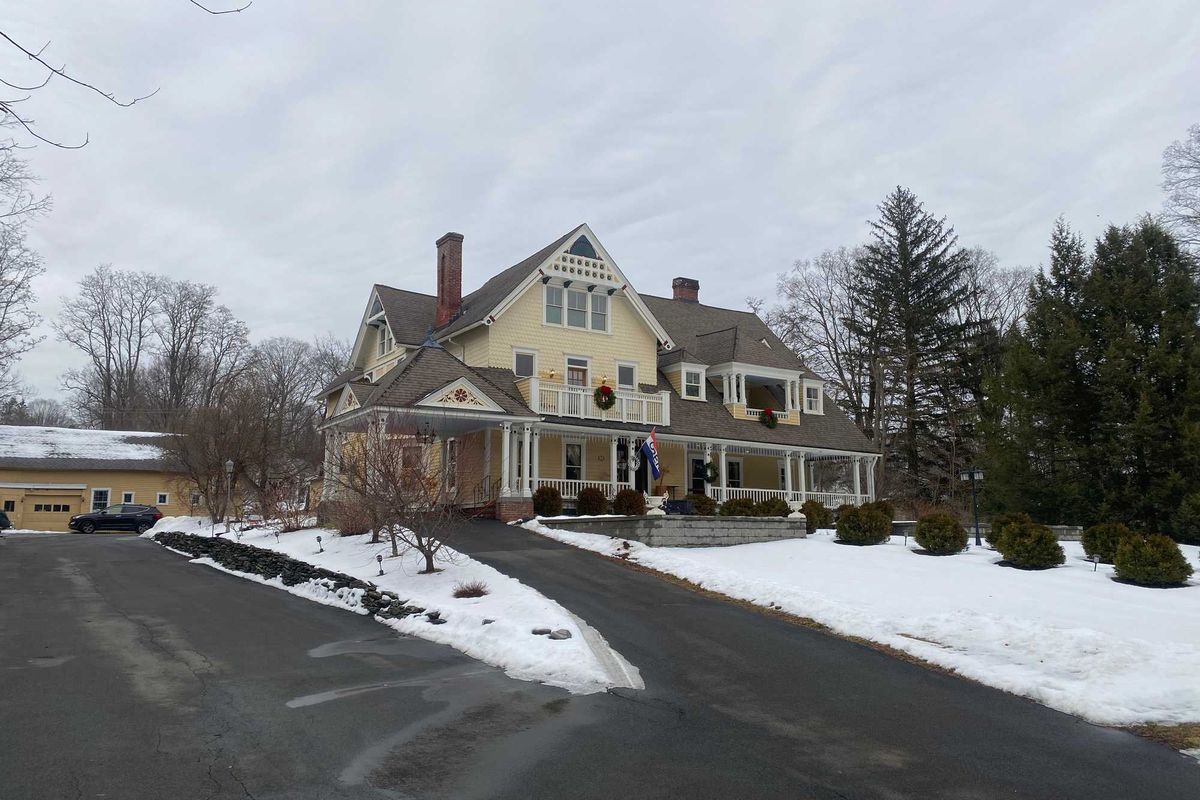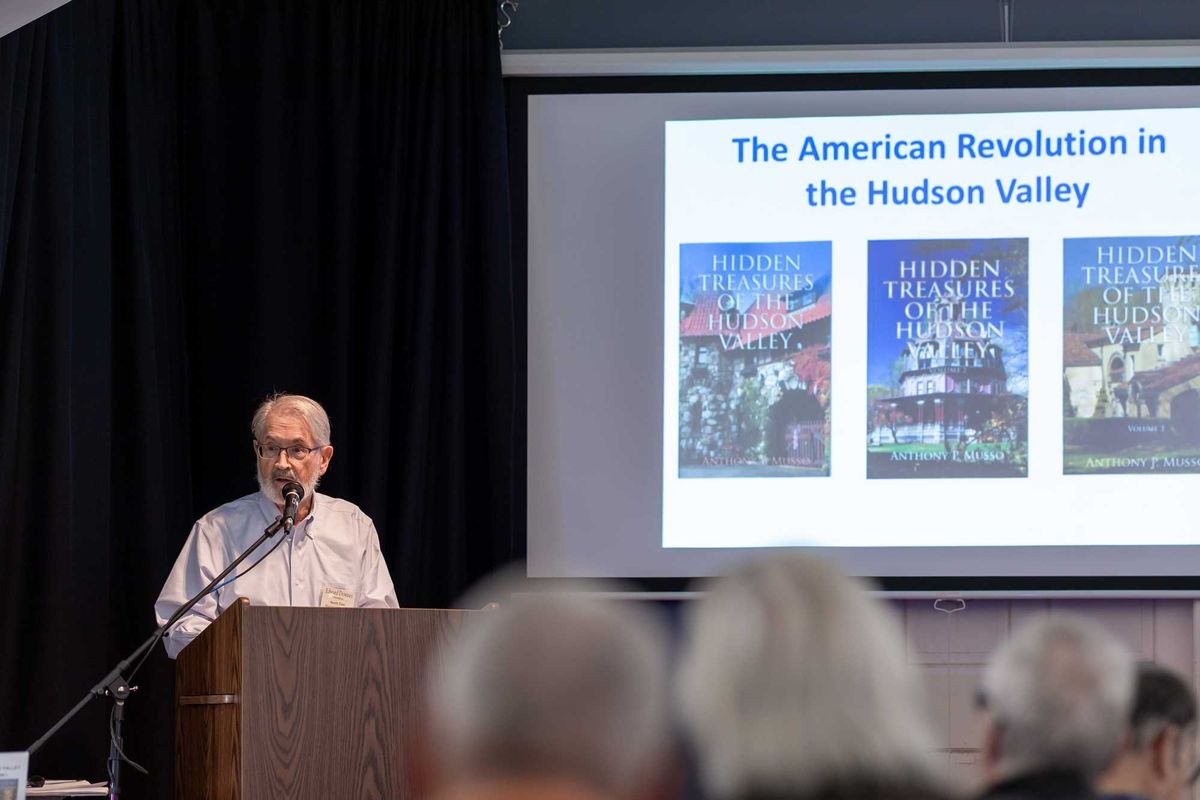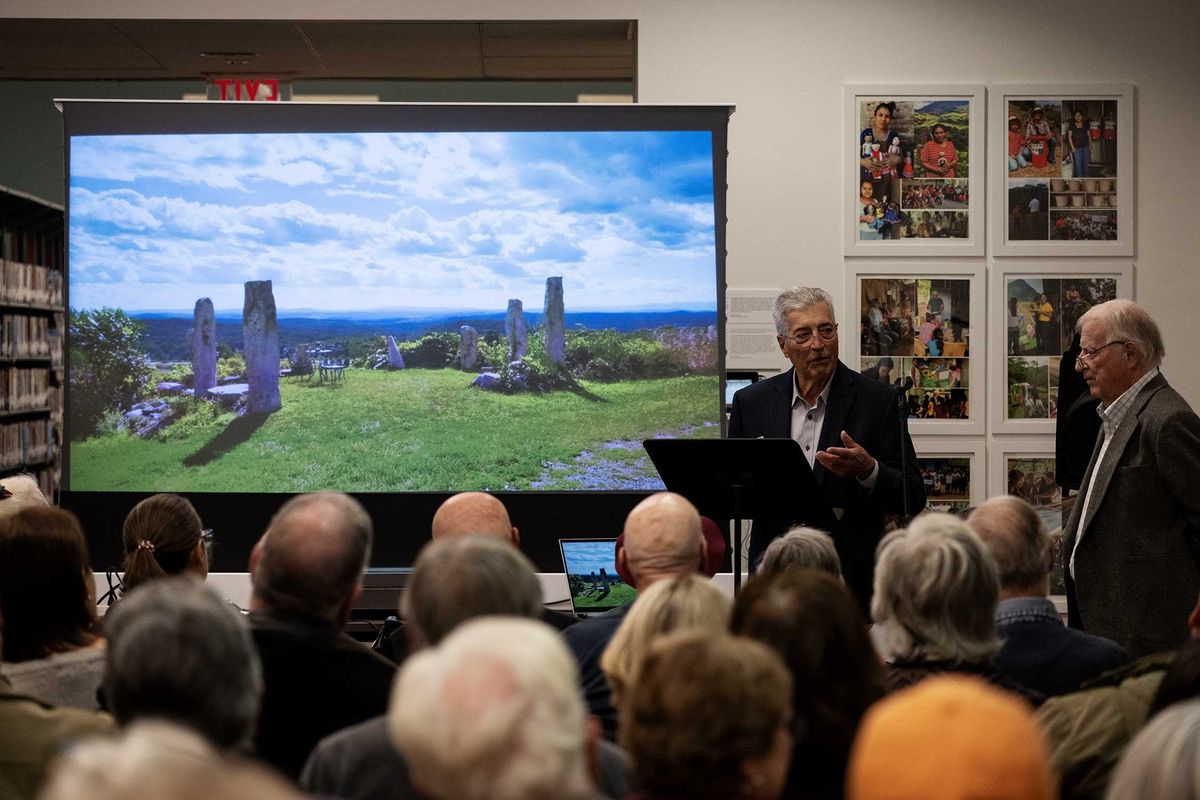Amenia Historical Society honors local fire companies

The Amenia Historical Society presented Certificates of Appreciation at its annual meeting on Sunday, Oct. 20 to representatives of the Amenia Fire Company and Wassaic Fire Company. Town Historian Betsy Strauss presented the certificates to Robert Boyles, Jr., Captain of the Wassaic Fire Company, at left, and Andy Murphy, Captain of the Amenia Fire Company.
Photo By Leila Hawken













 Interior of the Linde Center for Music and Learning.Hilary Scott, courtesy of the BSO
Interior of the Linde Center for Music and Learning.Hilary Scott, courtesy of the BSO




